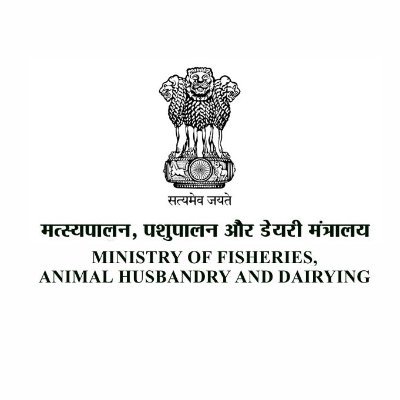Govt Issues Guidelines for Equine Welfare in Religious Pilgrimages Across India
The guidelines provide a uniform national framework to ensure humane treatment, better health management, and regulated working conditions for equines used in pilgrimages.

- Country:
- India
The Department of Animal Husbandry & Dairying (DAHD) under the Ministry of Fisheries, Animal Husbandry & Dairying has released comprehensive “Guidelines for the Welfare and Management of Working Equines during Religious Pilgrimages in India.” The new framework seeks to protect the welfare of equines such as horses, mules, and donkeys engaged in transporting pilgrims and goods during major yatras, including the Amarnath Yatra, Char Dham Yatra, Vaishnodevi Yatra, and Manimahesh Yatra, among others.
Uniform Standards for Registration and Health
The guidelines provide a uniform national framework to ensure humane treatment, better health management, and regulated working conditions for equines used in pilgrimages. Key provisions include:
-
Mandatory registration and tagging of all working equines.
-
Compulsory health certification, with testing for glanders and equine influenza before deployment.
-
Minimum acclimatization period for animals before they are used in high-altitude areas, ensuring they are fit for demanding conditions.
Veterinary Check-Posts and Medical Support
To safeguard animal welfare and public safety, the guidelines mandate the establishment of veterinary check-posts every five kilometres along pilgrimage routes. These check-posts will be staffed with:
-
Veterinarians and para-professionals.
-
Medicines, IV fluids, and treatment facilities.
-
Quarantine and isolation areas for sick animals.
This system aims to prevent disease outbreaks, ensure timely treatment, and reduce animal suffering.
Humane Working Conditions and Safety Measures
Recognizing the physical burden on equines, the guidelines set out humane working conditions, including:
-
Provision of rest sheds and potable water along routes.
-
Scientifically defined load limits to prevent overwork.
-
Ban on night movement of equines to reduce stress and injury risk.
-
Prohibition of harsh equipment that may cause cruelty or physical harm.
-
Mandatory insurance coverage for all working equines, ensuring accountability and compensation in case of loss.
Focus on Vaccination and Disease Surveillance
The guidelines also incorporate vaccination schedules and surveillance measures, developed in consultation with the ICAR–National Research Centre on Equines (NRCE), Hisar. These provisions aim to strengthen disease prevention and control, protecting not only animals but also public health, as zoonotic diseases can spread to humans.
Balancing Welfare, Livelihoods, and Pilgrim Safety
Animal welfare has been placed at the heart of the guidelines, given that the well-being of equines directly impacts their performance, the safety of pilgrims, and the livelihoods of families dependent on them. By promoting rest, water, medical access, and banning cruelty, the framework strikes a balance between animal rights, human safety, and sustainable livelihoods.
The guidelines also emphasize sustainable pilgrimage management, ensuring that religious tourism does not compromise animal health or public safety.
Implementation and Oversight
The effective rollout of these guidelines will be facilitated by DAHD in close coordination with:
-
State Governments.
-
Shrine Boards managing major pilgrimages.
-
Societies for the Prevention of Cruelty to Animals (SPCAs).
-
Animal Welfare Board of India (AWBI).
Prepared through a consultative process with stakeholders, subject experts, and veterinary authorities, these guidelines mark an important step in institutionalizing animal welfare practices at pilgrimage sites across India.
Towards Responsible Pilgrimage and Animal Welfare
Officials stressed that the new framework will enhance pilgrim safety, reduce accidents, and build accountability while ensuring that working equines are treated with dignity. It also represents a model of how animal welfare and religious traditions can coexist in a modern, responsible manner.










